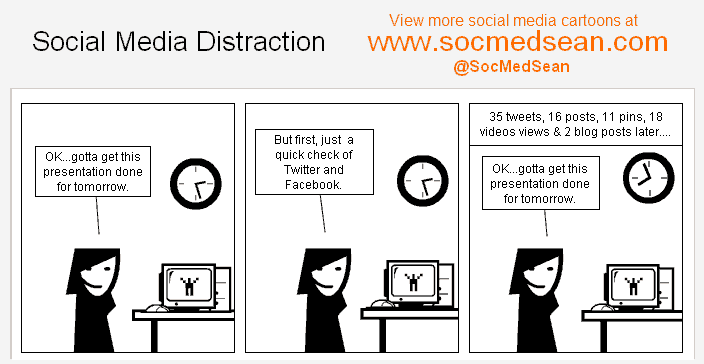
Teenagers are found to spend about nine hours on entertainment media per day (Robb, 2015) giving them plenty of opportunities to come across current events from multiple sources. With the explosive growth of the Internet there has never been access to information like in the present age, and teens do not need to go far to learn the latest news. Though these media resources are highly accessible, one may question if the ability to retrieve news off of social media is benefitting teenagers.
Teens spend about a third of their day using media, which creates opportunity for exposure to subjects they are unfamiliar with. This can greatly increase a teen’s knowledge about a topic, and they can gain further understanding with simple Internet searches. Since posts on social media are publicly viewed by others this creates space for conversations about current events with their friends. There are also skills, such as critical thinking being exercised as they begin to make informed decisions about a topic. Though there are many positive aspects of teens obtaining the news off of social media, there are also some disadvantages.
The issue arises when teens do not look into the validity of the news posted and make decisions on false sources. Many on social media only post items that they support or have an interest in, which can make the viewpoints biased or redundant if most people they follow hold similar opinions. This can impact a teenager since they are in the process of figuring out their identity. They may take something as a fact or priority because of role models they follow. Another issue is that many people often do not post about current events, which closes teens off to what is happening in the nation and world. A teen has access to an abundance of information using social media, but is it beneficial to their research and learning methods as it applies to education?

Today, many teenagers use computers for online textbooks and research, allowing easy access to social media sites. These distractions can cause late nights for teens as they complete their homework. An article written in USA Today gave statements from teenagers who reported they stay up late or wake early to complete homework assignments because they are less distracted from social media, and some even budgeted media into their study time (Dunn, 2013). This reliance on social media is found to impact their research and learning methods in regards to a traditional curriculum. “Shawna Bu Shell, an educational technology professor at Rowan University said students become distracted when homework is not engaging”. Her research shows “if a teacher is good at designing homework and is willing to integrate social media, then students won’t be sneaking, trying to use it” (Dunn, 2013).
While media could be negatively impacting a teenager’s learning, schools could be researching ways to collide an educational curriculum into what they find interesting. This could increase a students desire and diligence to complete a homework assignment, and help them to retain the information they are studying. Retrieving news through social media is convenient for quick learning, but also may keep them from further research and impact their learning methods when a traditional curriculum causes disinterest.
Bibliography
Robb, Michael. (2015). Tweens, teens, and screens: what our new research uncovers. Common Sense Media. Retrieved from https://www.commonsensemedia.org/blog/tweens-teens-and-screens-what-our-new-research-uncoveDunn, Phil. (2013). Students say social media interfere with schoolwork. USA today. Retrieved from http://www.usatoday.com/story/news/nation/2013/01/15/students-social-media-homework-distraction/1835461/
X








